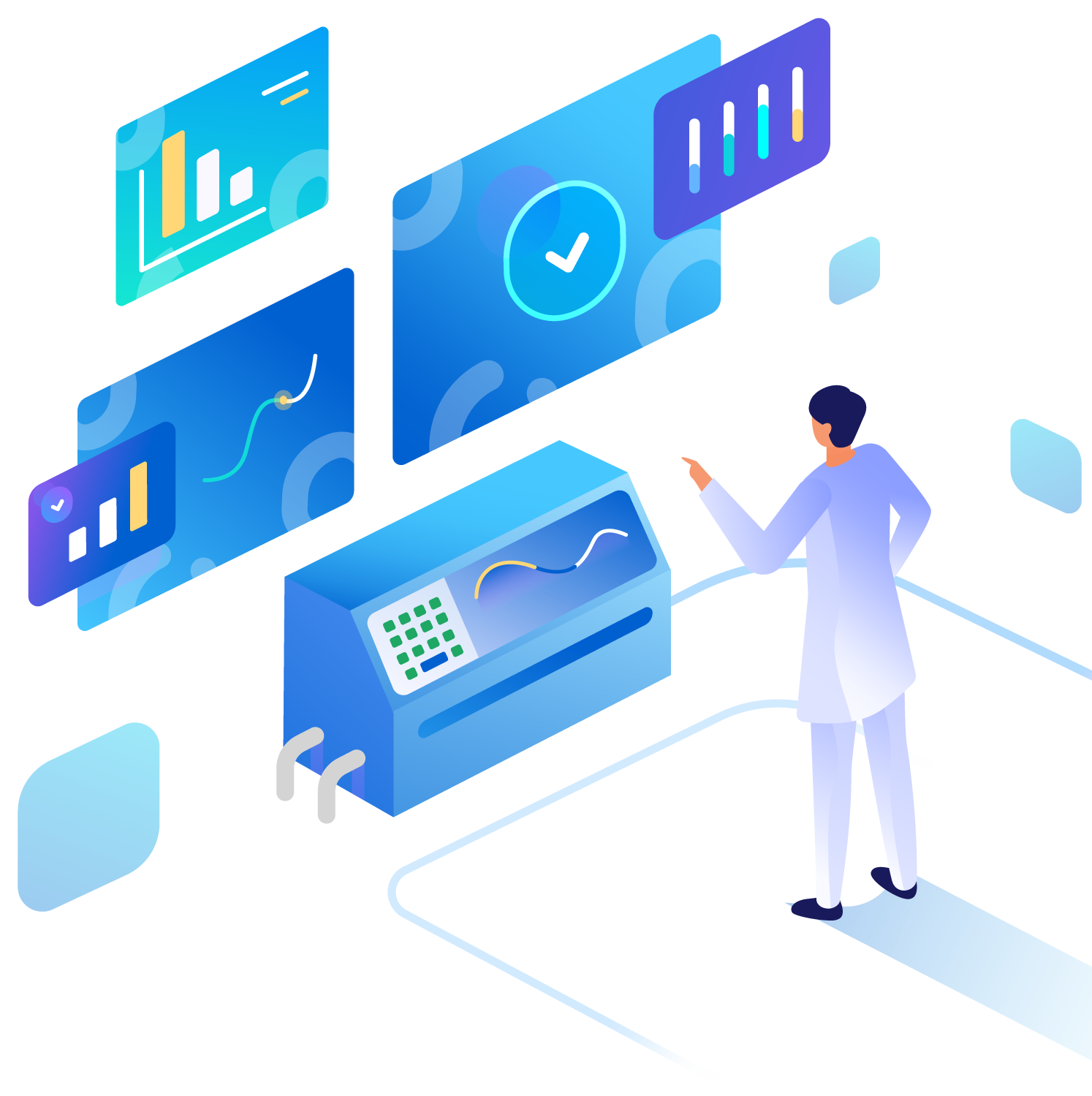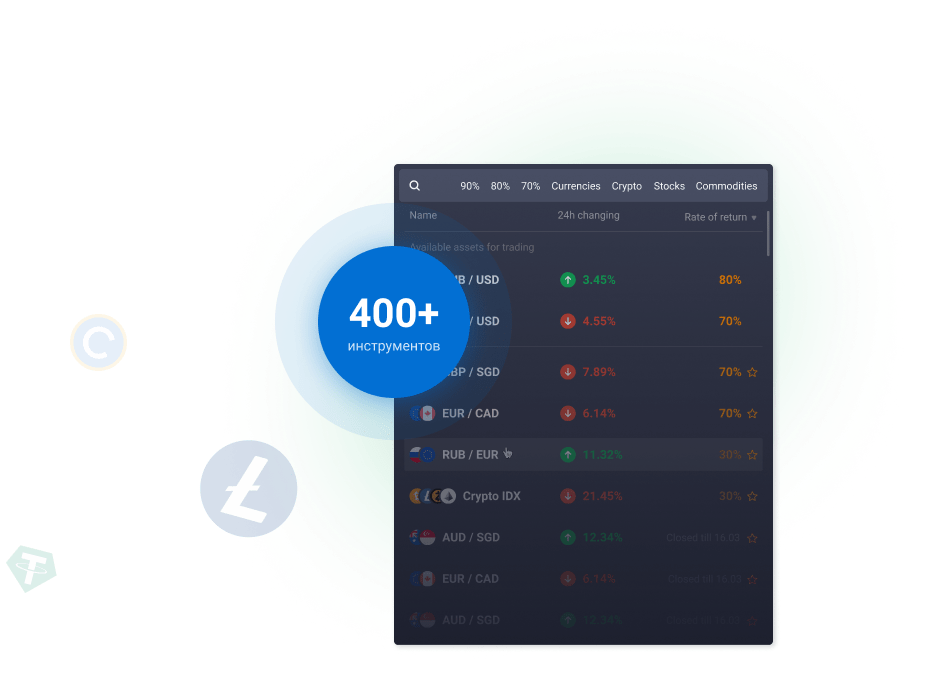Advanced Trading Account
Advanced Trading Account / Mechanical trading systems
Ultimatrades has been sharing financial freedom with traders since 2014. In a continuous effort to give traders a more comfortable and safe experience, its experts have been improving the platform ensuring traders can enjoy and make use of that freedom to trade whenever and wherever they like.


Advanced Trading Account
Advanced Trading Account also referred to as mechanical trading systems, algorithmic trading, automated trading or system trading — allow traders to establish specific rules for both trade entries and exits that, once programmed, can be automatically executed via a computer. In fact, various platforms report 70% to 80% or more of shares traded on U.S. stock exchanges come from automatic trading systems.
Traders and investors can turn precise entry, exit, and money management rules into automated trading systems that allow computers to execute and monitor the trades. One of the biggest attractions of strategy automation is that it can take some of the emotion out of trading since trades are automatically placed once certain criteria are met.
The trade entry and exit rules can be based on simple conditions such as a moving average crossover or they can be complicated strategies that require a comprehensive understanding of the programming language specific to the user's trading platform. They can also be based on the expertise of a qualified programmer.
Advantages of Automated Systems
Minimizing Emotions
Automated trading systems minimize emotions throughout the trading process. By
keeping
emotions in check, traders typically have an easier time sticking to the plan.
Since
trade orders are executed automatically once the trade rules have been met,
traders
will
not be able to hesitate or question the trade. In addition to helping traders
who
are
afraid to "pull the trigger," automated trading can curb those who are apt to
overtrade
— buying and selling at every perceived opportunity.
Backtesting
Backtesting applies trading rules to historical market data to determine the
viability
of the idea. When designing a system for automated trading, all rules need to be
absolute, with no room for interpretation. The computer cannot make guesses and
it
has
to be told exactly what to do. Traders can take these precise sets of rules and
test
them on historical data before risking money in live trading. Careful
backtesting
allows
traders to evaluate and fine-tune a trading idea, and to determine the system's
expectancy – i.e., the average amount a trader can expect to win (or lose) per
unit
of
risk.
Although appealing for a variety of reasons, automated trading systems should not be considered a substitute for carefully executed trading. Technology failures can happen, and as such, these systems do require monitoring. Server-based platforms may provide a solution for traders wishing to minimize the risks of mechanical failures. Remember, you should have some trading experience and knowledge before you decide to use automated trading systems.

 Translate
Translate